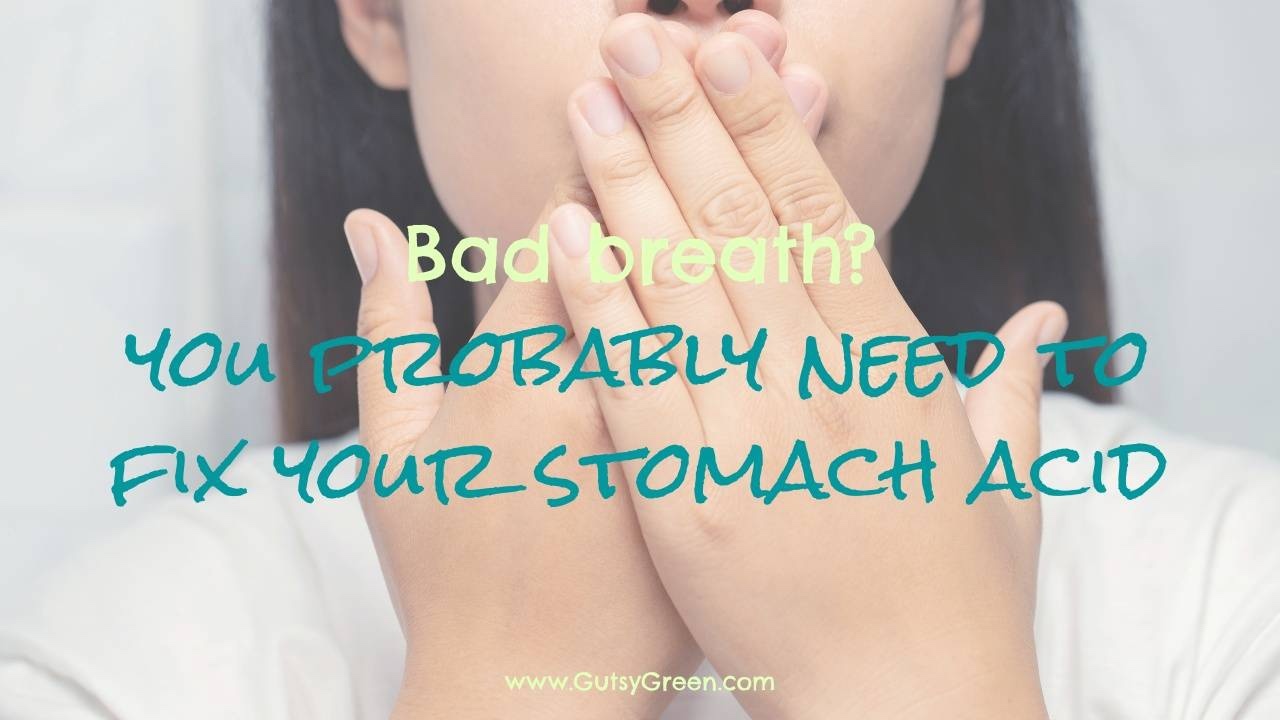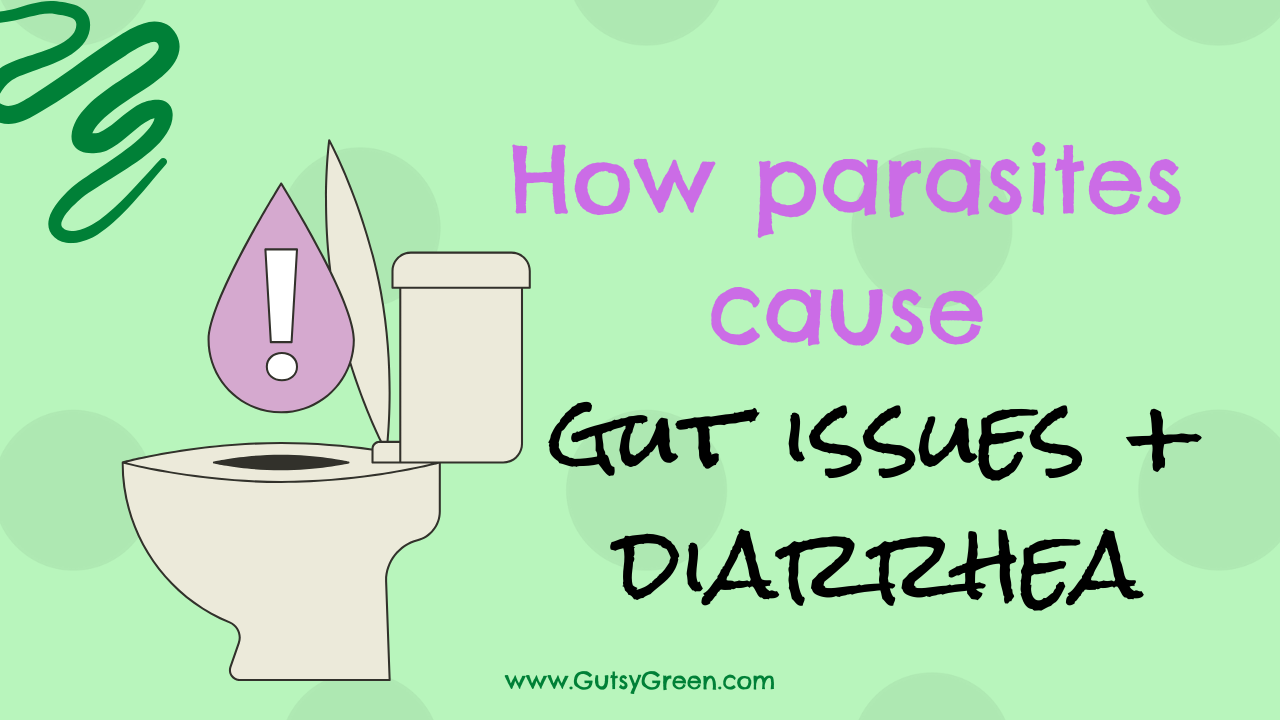SERIES: Bad breath? You probably need to fix your stomach acid.
Feb 22, 2021
Halitosis, or chronic bad breath, is actually a hallmark of another condition called hypochlorhydria, which is a fancy way of saying ‘having low stomach acid levels’. The good news is that this means we have a great leverage point to alleviate this symptom by focusing on optimizing gastric acid.

-
Acting as an acid barrier by killing ingested microbes
-
Breaking food down into safe and digestible forms
-
Signaling the other digestive processes to begin or end
Halitosis is mostly rooted in the first two roles of stomach acid. But before we dive into what that means, let’s first take a moment to define optimum stomach acid levels.
Acidity is measured by a metric called ‘power of hydrogen’ or ‘pH’ for short. This scale runs from 0 to 14 - where 0 is the most acidic (think battery acid), 14 is the most basic (think drain cleaner), and 7 is completely neutral (think water).
In order for stomach acid to carry out its 3 foundational roles for the body, the pH needs to fall between 1.5 and 3.0.
Likewise, when the pH becomes weakened, to a pH outside of this window – say, to 3.5 or 4.0 – these functions become compromised and resulting symptoms can occur. That’s where halitosis comes in. So let’s take a look at what happens when stomach acid is weak, that creates conditions in the body that lead to bad breath.
The first role: acting as an acid barrier.
When we have strong stomach acid, it serves as a shield against any accidental microbes we might ingest from our environment or food. Yes, they might survive briefly on their journey down the esophagus, but when they enter into the furnace of the stomach, they’re neutralized on site!
These pesky microbes, which might become adversaries if they weren’t killed, suddenly are reduced into their chemical components: amino acids, carbohydrates, and fatty acids – they become food. The normally acidic environment in the stomach serves as an inhospitable home to critters and is normally relatively sterile.
However, when our stomach acid levels are weak, this neutralization doesn’t happen as effectively, or perhaps, in severe cases, not at all. And after the creatures survive, they suddenly find themselves in a welcoming environment where food is plentiful, so they can colonize and take up residence.
Now, this causes many different issues, but in the context of bad breath, we’ll focus specifically on these microbes’ gaseous byproducts. These bacteria produce chemicals that gas off of them – and it doesn’t smell very good. You’ve probably experienced this if you have come across a rotting carcass or old meat in your refrigerator. The bad smell is due to the colonization of bacteria, and the chemical end-products they create as they metabolize the tissue they’re eating.
Now, when this happens in the stomach, it usually results in three major symptoms: excessive burping (that smells horrible), bloating, and bad breath.
If you suffer from this condition, have you ever noticed how even if you brush your teeth or use breath fresheners like mouthwash, gum, or mints, that the smell comes back almost immediately?
This is because what’s driving the smell is not actually rooted in your mouth tissue, so it doesn’t matter how many times you clean it. The root cause of the smell is coming from your stomach! So this is where you need to focus your attention.
The second role: breaking down food into safe and digestible forms.
Now let’s look at the second role the stomach plays in the body, and how when it breaks down via low stomach acid levels, it exacerbates bad breath problems.
When stomach acid is weak, food fails to be broken down into digestible components that are required in order to move through the GI tract at a normal pace. This results in a delayed emptying time for the stomach, as it strives to properly prepare this food for safe movement through the fragile intestines.
This delayed emptying time means the stomach will hold onto the food for longer. Now, if as we’ve discussed, there are some opportunist microbial residents inhabiting the stomach, this elongated window of food exposure is giving them a big snack opportunity - fueling rapid growth for them to proliferate.
As if their residence wasn’t problem enough, the failure of weak gastric acid to properly break down food in a timely fashion works to throw fuel onto the fire and exacerbate the invasion, and by extension, the smelly gaseous by-products they produce.
What to do about it
Maybe, by now, you’ve guessed the answer, but just in case you haven’t let me confirm that the only way to get a handle on chronic bad breath is to stop the problem at the source.
And how do you do that? By fixing your low stomach acid levels. Reacidifying your stomach to a strong pH will kill off unwanted microbes and their smelly gases, too. However, this process can require some hand-holding. Read: I do not suggest using apple cider vinegar, or doing a traditional HCl Challenge!
Instead, consider using the S.A.F.E. method to rebuild your stomach acid. Learn more about that here.







